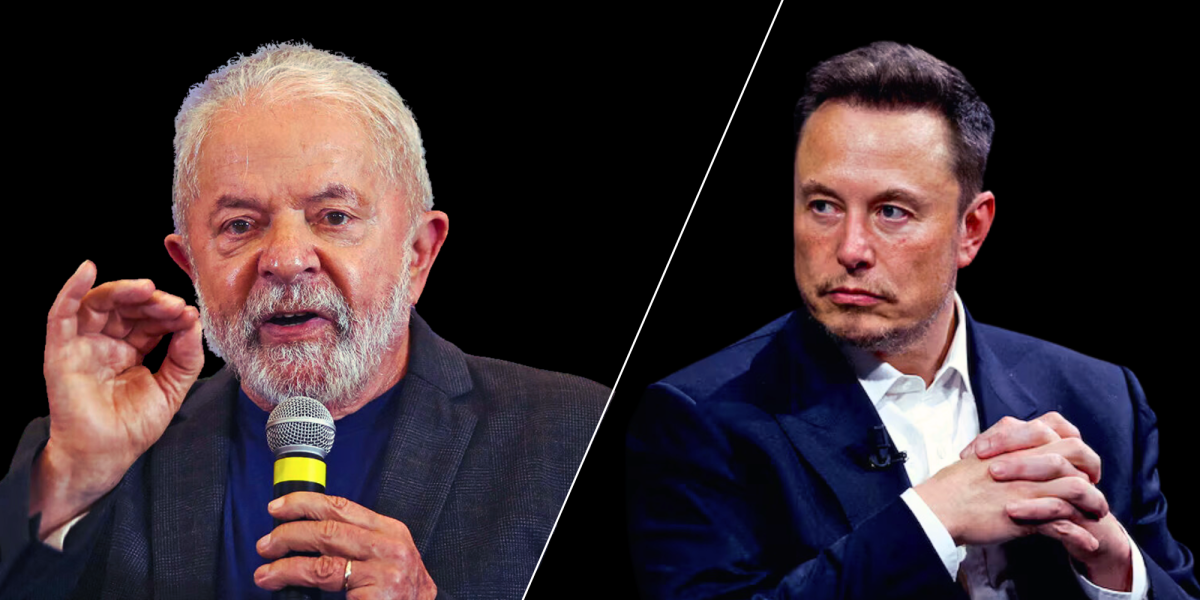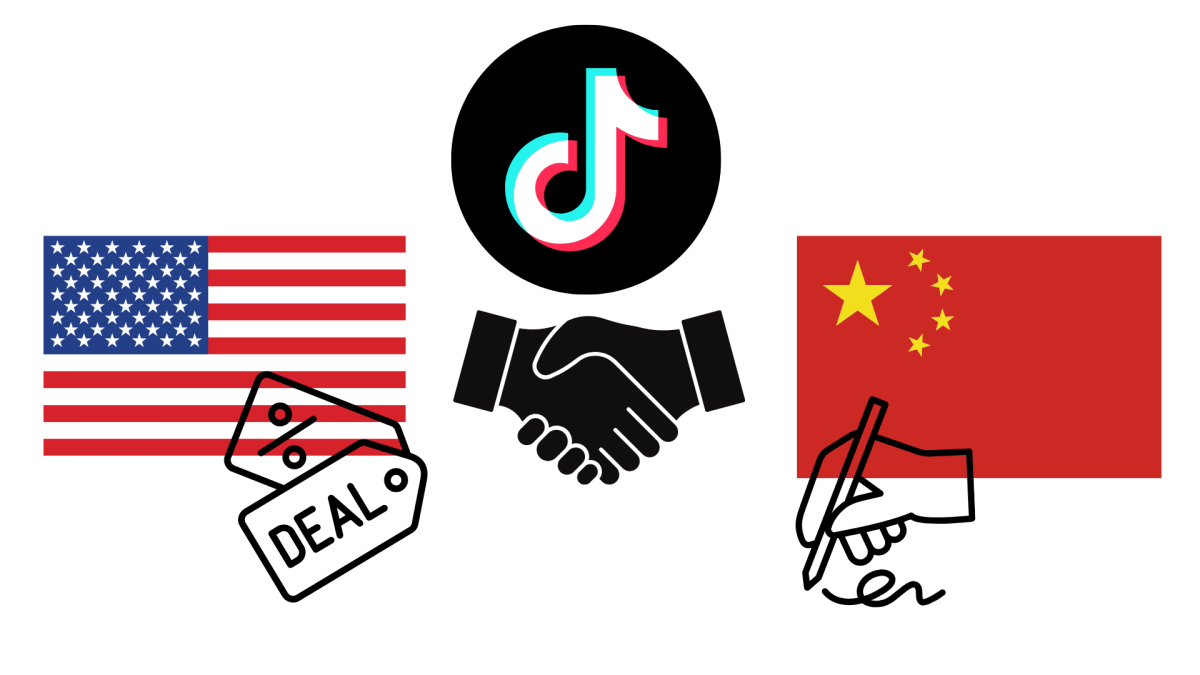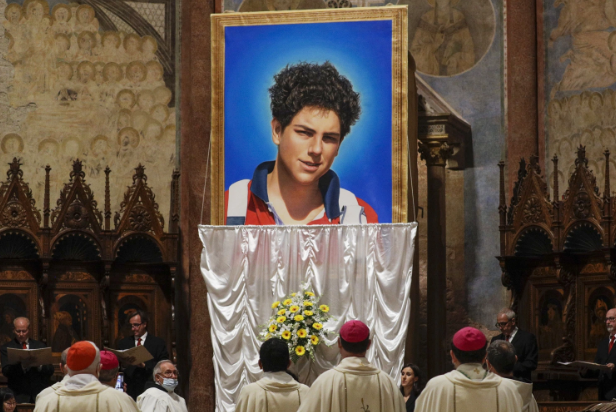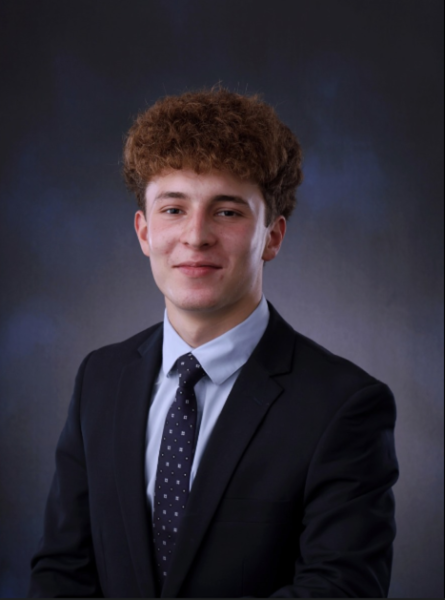Brazilian Supreme Court Justice Alexandre de Moraes suspended the use of the social media platform X, formerly Twitter, in the country on Aug. 30. The decision comes on the heels of an ongoing quarrel between Musk and de Moraes regarding freedom of expression for X users in the country. Since its publishing, the ruling has caused shockwaves around the world, with many debating the righteousness of the action.
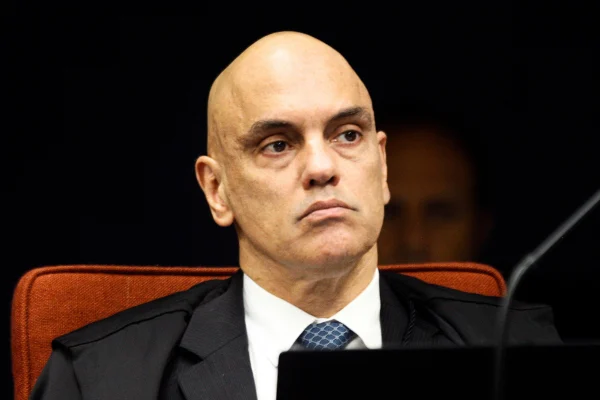
This all culminated in Musk and the company’s failure to appoint a legal representative for their business in Brazil during an allotted 24 hours, after which de Moraes installed the ban. Musk has responded to the circumstances on X many times, calling de Moraes a “fake ‘judge,’” “Brazil’s Voldemort,” and a “criminal,” as well as calling for him “to be imprisoned,” per NBC News.
In Brazil (22 million citizens of which are X users, according to estimates from the Digital 2024), such a policy has already been met with outrage and protest. The ban has particularly affected X content creators and those depending on the platform for financial income. It has both raised concerns over speech-related rights in Brazil for some, and for others, upheld beliefs about the need for governmental media regulation.
Angelo Fernando, a Niles North junior and an avid X user, shared his thoughts on the ban. “Twitter is one of the more free media platforms, where all sides can say what they want… Although there are some objectively bad things on it, I feel the ban isn’t necessary,” Fernando said, “It’s a great resource for seeing multiple sides.”
The decision joins the ranks of several nations, including Russia, China, Iran, Turkmenistan, Myanmar, North Korea, and Venezuela, that have outlawed the use of X. The ruling also comes at a time when X’s largely right-wing user base has used the application to question the governing of left-wing president Luiz Inácio Lula da Silva. Critics of it have argued that it will be used to silence political opposition in the relatively newly-democratic country.
The act is likely only the beginning of the debate over the extent of the government’s jurisdiction over social media.
“I think we need a platform where people can say whatever they want,” Fernando said.


